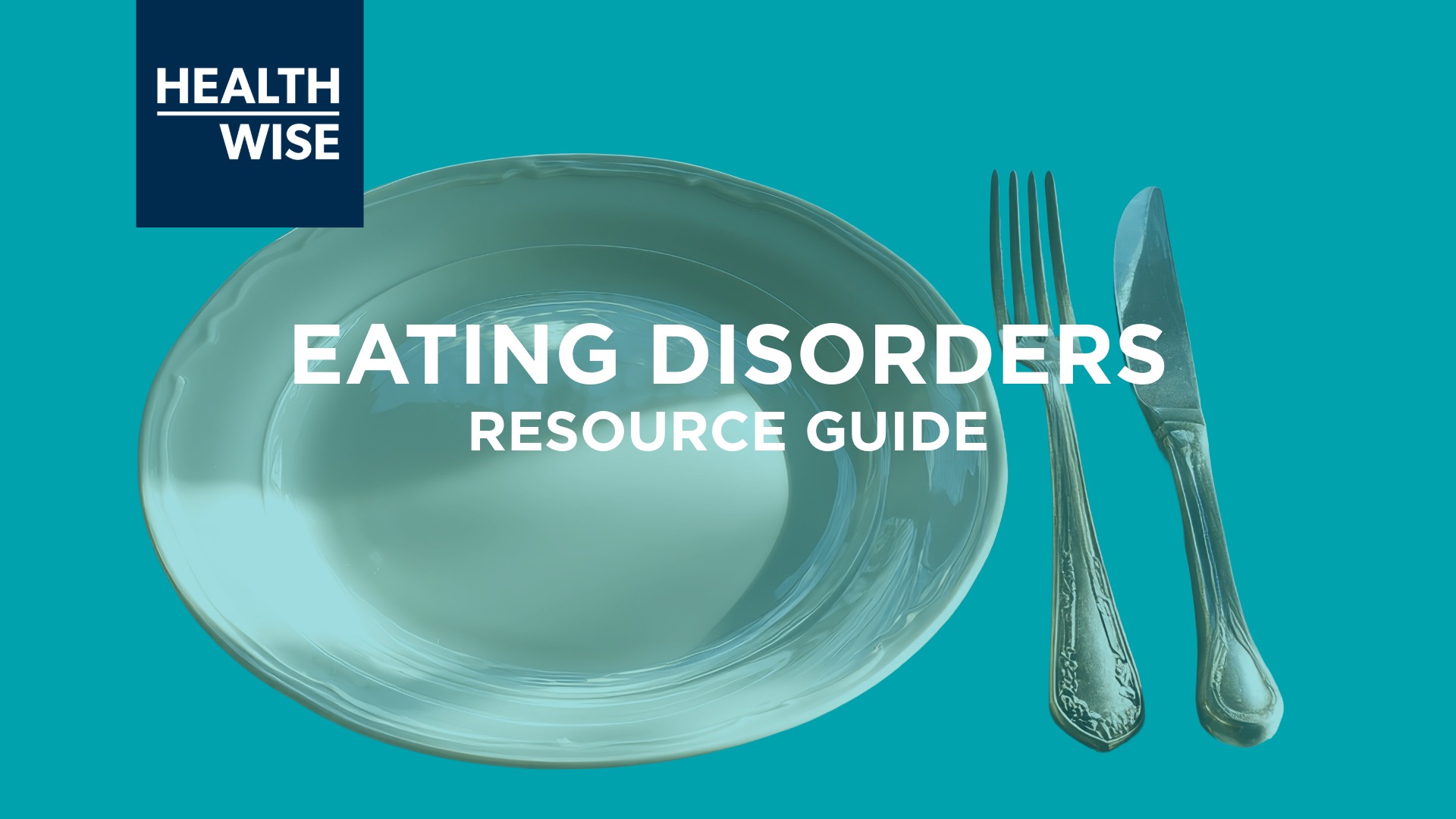What is depression?
Feeling down when something stressful or upsetting occurs (like a break up) is pretty normal. Often the feelings will fade over time and you can get on with life. But if you are experiencing depression the feelings don’t go away, even when things improve.
The way you feel when you’re depressed is connected to:
- your thoughts
- the way you behave
- what has occurred to you in the past
- what’s going on around you now
- the way stress hormones affects the biochemistry of the brain
All depression will be helped by better self care. For mild depression self care techniques like being active can make a big difference. It can be really helpful to see someone who knows about depression like your GP or a therapist. Seeking support from a qualified professional can be a really important step in looking after depression.
What do signs and symptoms look like?
The signs and symptoms of depression should be taken seriously. If they last for more than two weeks or you feel unsafe at any point please reach out to your doctor to talk it through.
Key signs include:
- constantly feeling down or hopeless.
- having little interest or pleasure in doing things you typically enjoy.
Other possible signs and symptoms:
- feeling irritable or restless.
- a general loss of energy or feeling tired constantly.
- a feeling of loneliness even when around people.
- ongoing changes in sleeping patterns, either too little or too much.
- higher than normal weight gain or weight loss.
- feeling bad about things you have done.
- difficulty concentrating.
- reduced sex drive.
- thinking about death a lot.
- thoughts of harming yourself.
It is also common for people who have depression to also experience anxiety. The symptoms of anxiety and depression can overlap each other.
What causes depression?
All sorts of things affect mental health, from major life events to ongoing challenges that persist.
Your past:
There may be some things that have happened to you in your past that can make it more likely you might experience distress. Family history, childhood, upbringing and even genetics can play a part.
Major changes:
Whether it’s something you’ve been expecting or something that comes completely out of the blue, big changes can have a huge impact on your life. Even good changes can trigger distress or make it worse. Understanding the effects of change can help you adjust faster with less difficulty and upset.
Ongoing changes:
Day to day problems affect important aspects of your life, like relationships and work, can have a big impact on your mental health. When they don’t go away, or get bigger, the emotions they cause can overwhelm you.
Trauma:
Distressing experiences can cause emotional and psychological trauma. The experience might be a terrible one-off event or an ongoing series of stressful events. Either way the effect can be deeply harmful.
How can you get help?
Start by talking to someone:
This could be a family member, friend or someone else you trust. It also helps to get support from a supportive GP who will listen to you. If your GP isn't currently supportive consider getting a new GP.
Things you can do yourself:
- stay active, physical activity has been well researched to help with mild symptoms of depression.
- spend time in nature and benefit from the calming effect it has on our physical and emotional well being.
- prioritise sleep. Sleep is an important factor in looking after our mental health.
- focus on healthier meals as nutrition can impact the biochemistry of the brain. Healthy foods have a positive effect on the brain.
- reduce alcohol consumption. Alcohol is a depressant and can have a negative effect on our mental health.
- connect with your loved ones. Connection has been shown to help wellbeing in times of distress.
Reduce life stressors:
- stick to a daily routine
- postpone major life changes until you are feeling better
- take holidays from work and enjoy a break.
- learn to relax through yoga, meditation, muscle relaxation or a breathing technique.
- find a counsellor you can trust and work through issues you're facing.
- try out a mindfulness app like mentemia.
Medication:
- Your GP or psychiatrist may suggest medication for depression. For many people the right medication can be really helpful. It is important to note that although medication can help reduce the symptoms of depression and anxiety, they won't fix what might be going on in your life that might have affected your mood.
Depression can sometimes lead to thoughts that it's not worth going on, or that everyone would be better off without you. If you’re feeling this way, and especially if these thoughts are getting stronger then you need to get help right now.




.png)